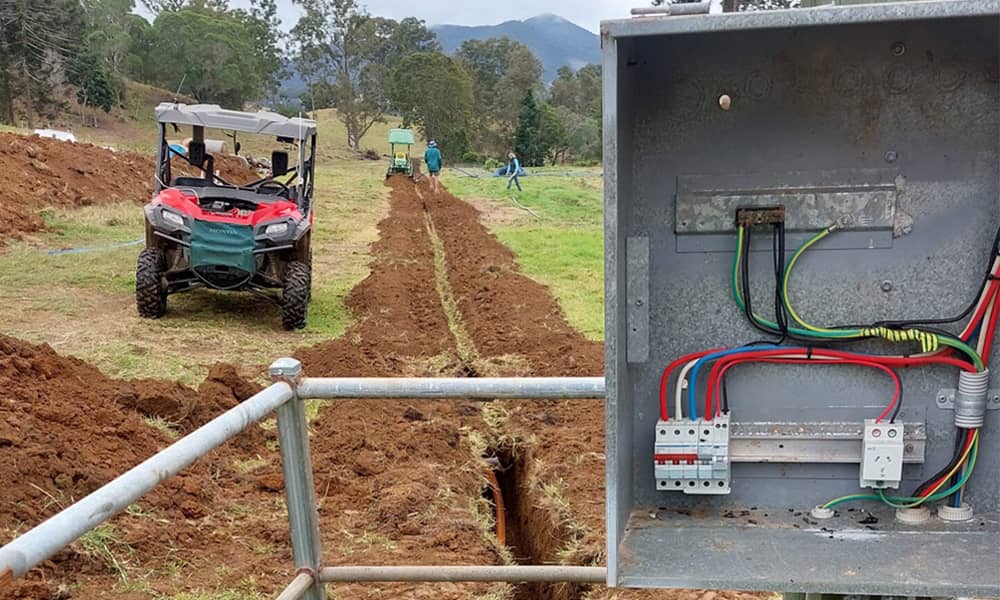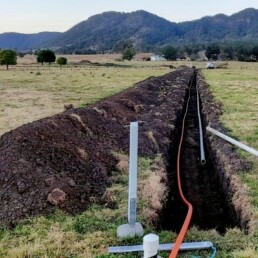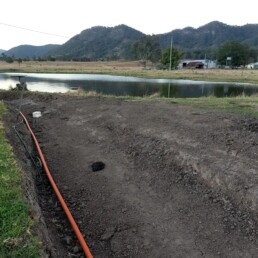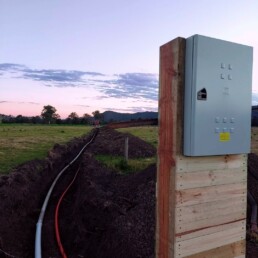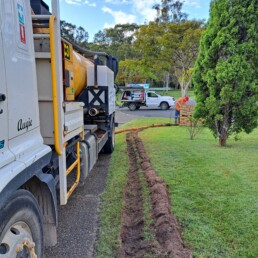What Is an Underground Electrician?
Are you curious about the world of underground electricians? You might have heard the term before, but aren’t quite sure what it means or what these electricians actually do. In this blog post, we’ll take a closer look at the profession of underground electricians, including their job duties, training requirements, and the types of projects they work on. Whether you’re a homeowner looking to better understand your electrical system or simply interested in learning about an important trade, keep reading to discover the ins and outs of what an underground electrician does.
What is underground electrical?
Underground electrical refers to the system of electrical wiring and components that are installed beneath the ground surface. In this system, electric power is delivered to homes, buildings, and other structures through a network of underground cables and conduits, rather than through overhead wires that are mounted on poles or towers.
Underground electrical systems offer several advantages over above-ground systems. They are more aesthetically pleasing and do not obstruct views, and they are less susceptible to damage from extreme weather conditions, such as high winds or ice storms.
However, installing underground electrical systems can be more expensive than overhead systems, due to the need for trenching and laying underground cables. Additionally, repairing faults in underground electrical systems can be more challenging, as locating and accessing the fault requires excavation off the ground.
What type of work does an underground electrician do?
Underground electricals typically manage the installation, repair, or maintenance of electrical systems that are located underground. This type of work may include:
- Trenching: This involves digging trenches in the ground to install electrical conduits, which are used to protect and route electrical wiring underground.
- Cable installation: This involves laying electrical cables in the trenches and connecting them to electrical panels or other equipment.
- Conduit installation: This involves installing protective conduits around electrical cables to prevent damage from external factors such as weather, animals, or people.
- Grounding: This involves connecting electrical systems to the earth through grounding rods or other grounding methods to prevent electrical shock or damage.
- Backfilling: This involves filling the trenches with soil after the electrical cables and conduits have been installed.
- Testing and Inspection: This involves testing the electrical systems to ensure they are working properly and are up to code, and inspecting the work for safety and compliance with local regulations.
Overall, underground electrical work is a complex and technical process that requires specialized knowledge and equipment. It is typically carried out by licensed and trained electrical professionals.
What qualifications does an Underground Electrician need?
In Queensland, Australia, to work as an underground electrician, one would typically need to hold a Certificate III in Electrotechnology Electrician (UEE30811) or equivalent. This is a nationally recognized qualification that covers the skills and knowledge required to work in the electrical industry, including underground electrical installations.
To obtain this qualification, an individual would usually need to complete an apprenticeship in electrical installation and maintenance. This involves a combination of on-the-job training and off-the-job study at a registered training organisation.
What is the difference between a normal electrician and an underground electrician?
The main difference between a normal electrician and an underground electrician is the type of electrical work they perform. Normal electricians work on electrical systems that are visible and accessible, such as overhead power lines, electrical panels, and wiring within buildings. They install, repair, and maintain electrical systems in residential and commercial buildings, and are trained to work safely with electricity in these environments.
On the other hand, underground electricians specialize in the installation, repair, and maintenance of electrical systems that are buried underground. This includes underground cables, transformers, and other equipment used to distribute power to homes and businesses. They are trained to work with high-voltage cables and have the necessary knowledge and skills to work underground safely. Underground electricians must also have a thorough understanding of excavation and trenching techniques, as they may need to dig trenches to lay cables or access equipment for repairs.
Additionally, underground electricians often require specialized equipment and tools to complete their work. For example, they may use cable locators to locate underground cables or trenchers to dig trenches for cable installation. They may also require specialized safety equipment, such as gas detectors, to ensure safe working conditions in underground environments.
Get reliable, safe, and visually pleasing electrical systems that are less vulnerable to weather disturbances and other hazards. Contact us today to learn more about how we can help you with your underground electrical needs.

